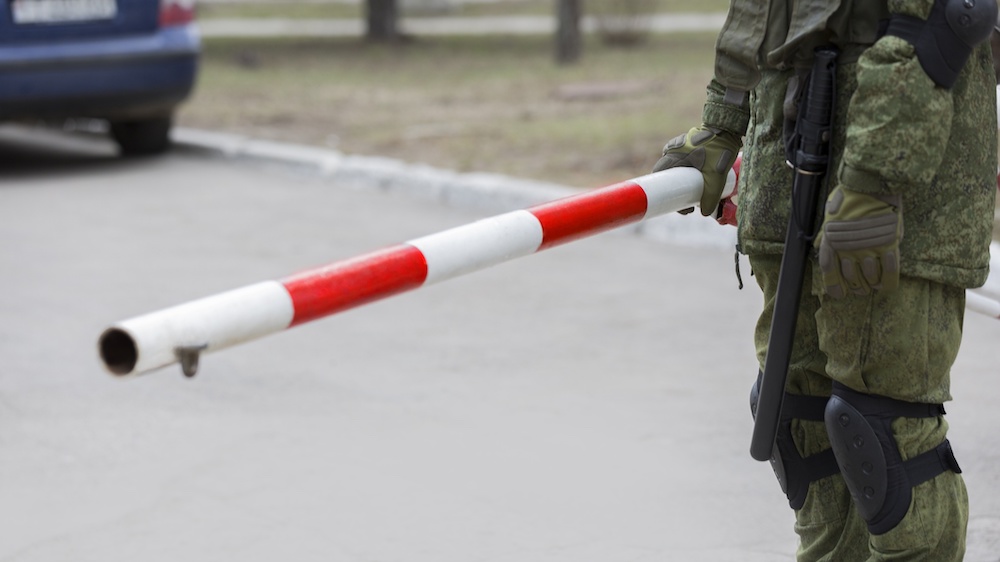If you’re interested in sharing your opinion on any cultural, political or personal topic, create an account here and check out our how-to post to learn more.
____
On March 13, President Trump declared we were in a state of national emergency. Within a span of a week or so, we have gone from free movement and using safety precautions, to having shelter-in-place orders and curfews mandated in several cities throughout the United States.
California is the most populous state in the nation with roughly about 40 million people. The state’s governor, Gavin Newsom, issued a statewide mandatory stay-at-home order Thursday, March 19. This would allow only critical sectors such as grocery stores, pharmacies and banks to stay open for essential day to day needs at limited hours. During a press conference on Tuesday March 17, Governor Newsom said that he would consider marital law if necessary to flatten the curve. He stated, "Martial law could be used if we feel the necessity."
Martial law is defined in Webster as "the law administered by military forces that is invoked by a government in an emergency when the civilian law enforcement agencies are unable to maintain public order and safety." The president ordering this a major crisis under the Stafford Act allows the government through FEMA to leverage a $50 billion fund for disaster relief that's almost never been used for disease outbreaks. With that being said, this has put state officials in a frenzy on what major steps they should be taking next — and marital law is obviously not off that list. Generally, on a federal level only the president has the power to impose martial law. However, in each state the governor has the right to impose martial law within the borders of the state.
We have only seen martial law a few times in the United States. On a national level during the Civil War we saw this occur under President Lincoln's order. A surge of new COVID-19 cases are on the rise each day and the life that we used to live freely is changing every minute and hour. They want to flatten the curve, but we need to stay ahead of the curve and understand the possibility of what's to come in the near future.
Free Movement/Free Speech Limited
The First Amendment protects a number of fundamental rights for Americans that include freedom of speech, religion, petition, assembly and press. Although you are granted these rights, during martial law the justice system that usually handles civil and criminal violations is replaced with a military justice system.
Concentration Camps/Detention Centers
Due to the fact that most, if not all, civil liberties will be suspended under martial law, the idea of rioting, looting, violating curfew or causing mass destruction will only end up ugly for civilians. What we know today as habeas corpus, defined as "the right requiring a person under arrest to be brought before a judge or into court, especially to secure the person's release unless lawful grounds are shown for their detention," would be totally out the door.
Militant law and judicial law work totally different and the unruly will be separated from the civilians who cooperate.
Unreasonable Searches
During times of major disaster, if under martial law the military has the right to search you, your home and your personal belongings if they feel they're doing justice and protecting the safety of all people. Your rights under the Fourth Amendment will be suspended and the right to search and seize any or all items they deem necessary, weapons included, will be obtained.
